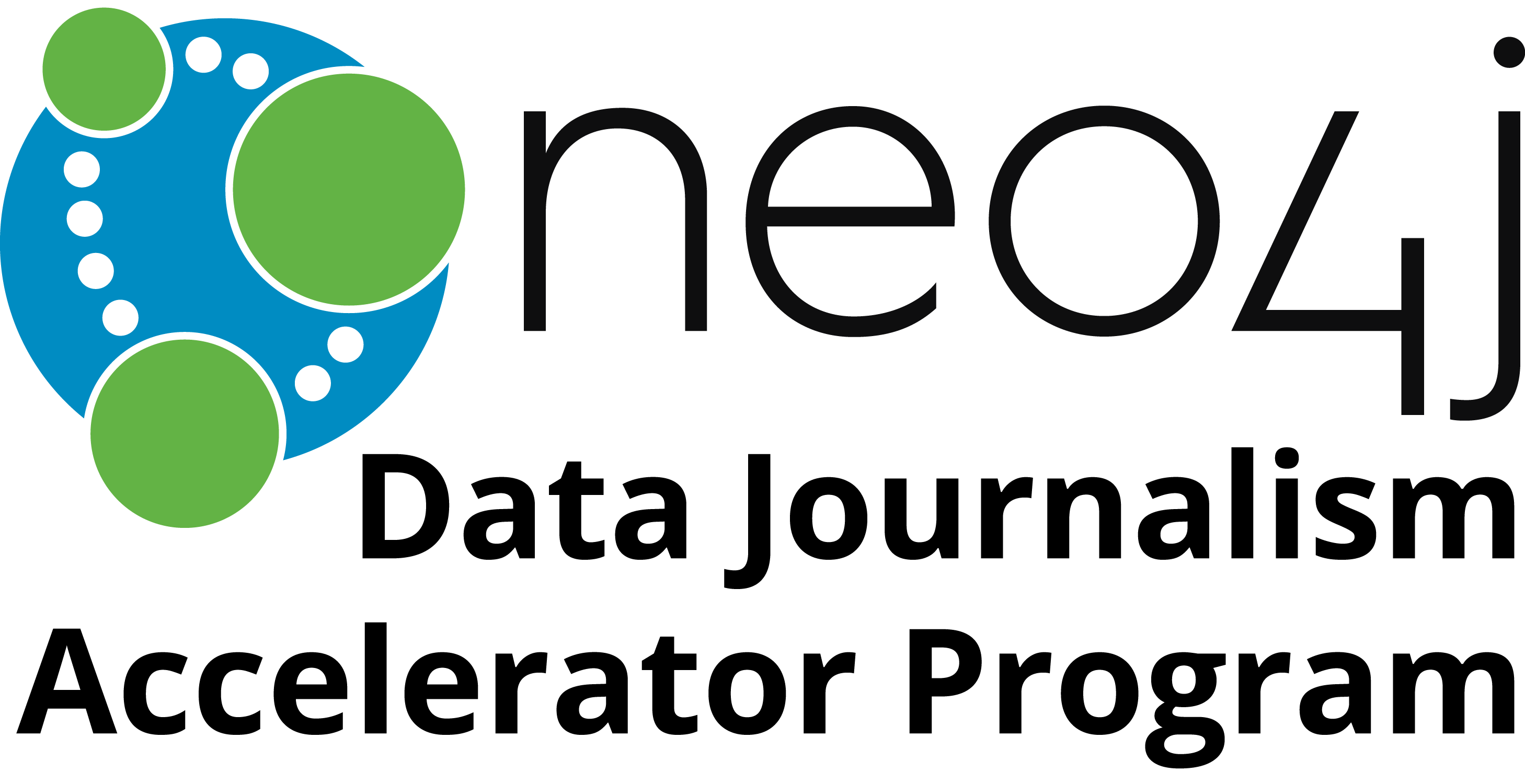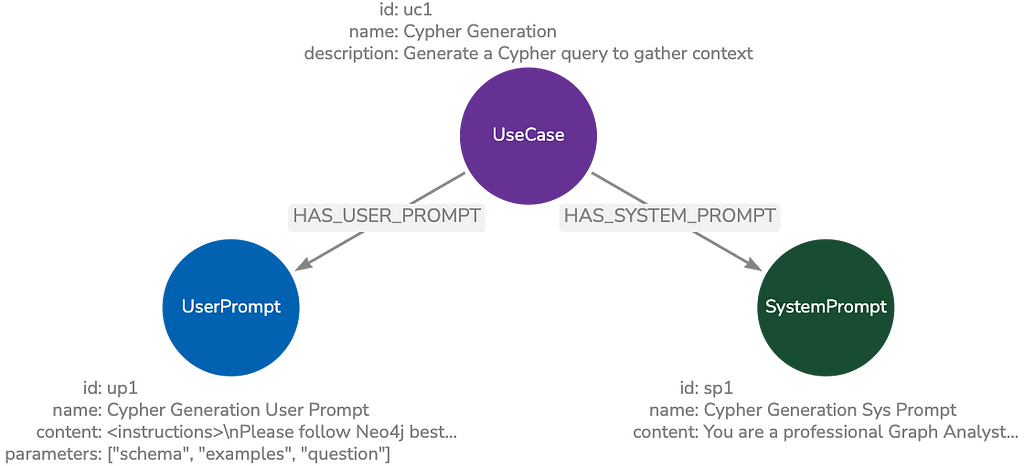Announcing the Neo4j Data Journalism Accelerator Program

Developer Relations Engineer
3 min read

 Today’s journalists don’t find themselves short on data – rather, they’re drowning in it.
Today’s journalists don’t find themselves short on data – rather, they’re drowning in it.
As the Panama Papers investigation has clearly shown, today’s biggest breaking news stories are centered around data and the stories that can be extracted from it. As a result, data journalism is more essential than ever to the success of tomorrow’s newsroom.
Fortunately, data journalists now have more open source data analysis tools at their disposal than ever before, including the Neo4j graph database.
As big supporters of the International Consortium of Investigative Journalists (ICIJ) and other data journalists, the Neo4j team has an exciting new program we’re announcing today at the Investigative Reporters and Editors (IRE) Conference.
The Neo4j Data Journalism Accelerator Program
The Neo4j Data Journalism Accelerator Program supports data journalists by helping them better understand their data and allows them to draw new connections between existing information and new sources, allowing new stories to be uncovered and told like never before.
The Neo4j Data Journalism Accelerator Program is designed to help data journalists get up to speed with analyzing connected relationships in Neo4j. With the ability to model and query data as a graph and draw insights from highly connected data such as email records, leaked documents and public data, Neo4j is the de facto standard for discovering these levels of connections.
Participants in the program will receive hands on assistance from Neo4j engineers in the areas of data modeling, data import and writing Cypher queries to help journalists find insights in connected data. Also, as part of the program, Neo4j will be building tools and integrations to align with the needs of data journalists to make them more successful with Neo4j.
Graph databases have a long, successful track record of being used by journalists in some of the most highly publicized cases of offshore leaks. Most recently, the ICIJ leveraged Neo4j as part of its Panama Papers investigation, the largest-ever data leak of all time. The ICIJ also used Neo4j to power the Swiss Leaks investigation.
Where to Find the Neo4j Team at IRE
In addition to our announcement about the Data Journalism Accelerator Program, I will also be co-presenting at IRE with Mar Cabra of the ICIJ on “How graph databases can help uncover wrongdoing” (sponsored by the Knight Foundation).
Answering the question of “who is connected to whom?” is crucial to any investigation. Criminals, tax evaders and drug traffickers all work in networks. Graph databases can help you make sense of these networks and easily visualize the connections. In this session, learn how the ICIJ turned the Panama Papers documents into a public database of secretive offshore companies and how you can use Neo4j to make sense of connected data and find hidden stories.
Here are all the details:
- Date and time: Friday, June 17th at 3:45 p.m. CDT
- Location: Galerie 1, New Orleans Marriott, 555 Canal Street, New Orleans, LA
- Official conference session information
Also at IRE: Fundamentals of Neo4j for Data Analysis Training Session
This hands-on session provides an introduction to the Neo4j graph database and is intended for those familiar with basic database concepts and who have at least some experience working with a database (such as writing SQL queries).
Details:
- Date and time: Friday, June 17th at 5:00 p.m. CDT
- Location: Salon C, New Orleans Marriott, 555 Canal Street, New Orleans, LA
- Official conference session information
Can’t make it to the Neo4j sessions at IRE? Interested in using a graph database in your investigative reporting? Click below to become a member the Neo4j Data Journalism Accelerator Program and get started today.







